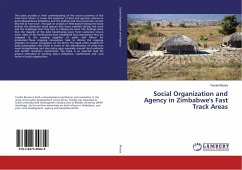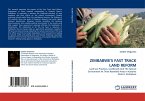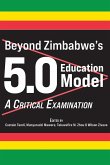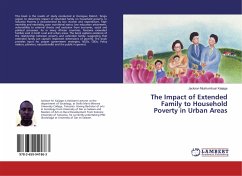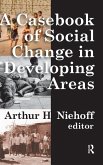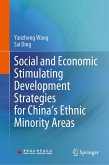This book provides a fresh understanding of the social outcomes of fast track land reform. It traces the evolution of land and agrarian reforms in post-independence Zimbabwe and the political and socio-economic context that led to 'fast track'. Through an analysis of field based findings the book defines the dominant social groups that were resettled during fast track and the challenges that they face in utilizing the land. The findings show that the majority of the land beneficiaries were from customary tenure areas. Most of the beneficiaries have established local associations that are engaged in the pooling together of assets and labour for production.These ongoing innovations help to inform the ongoing attempts to recover production on the farms. The book offers insights for both policymakers and NGOs in terms of the identification of areas that need strengthening and also policy gaps especially around local authority and conflict resolution mechanisms. The book is an essential read for anyone interested in learning about Zimbabwe, resettlement and rural forms of social organization.
Hinweis: Dieser Artikel kann nur an eine deutsche Lieferadresse ausgeliefert werden.
Hinweis: Dieser Artikel kann nur an eine deutsche Lieferadresse ausgeliefert werden.

